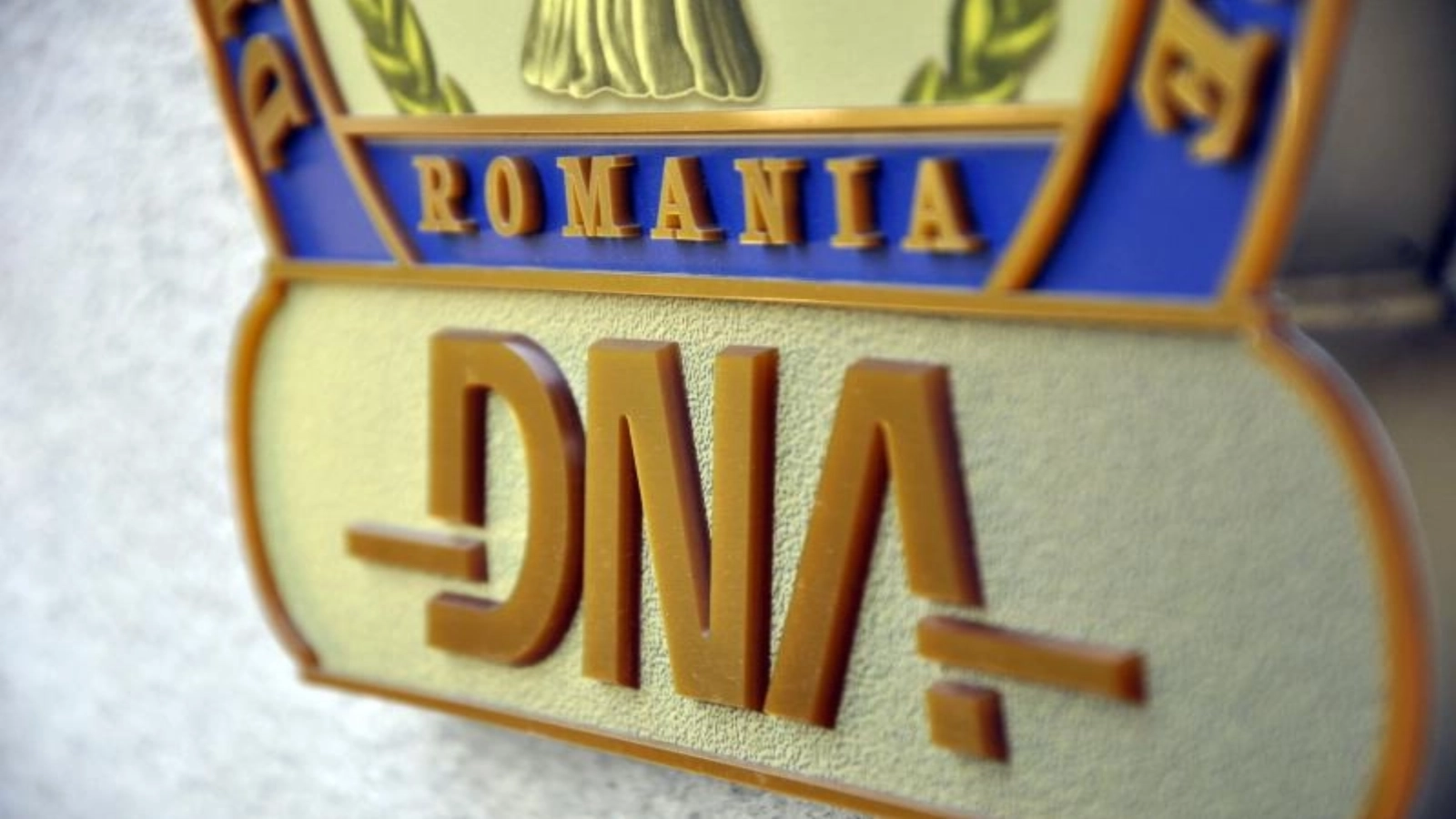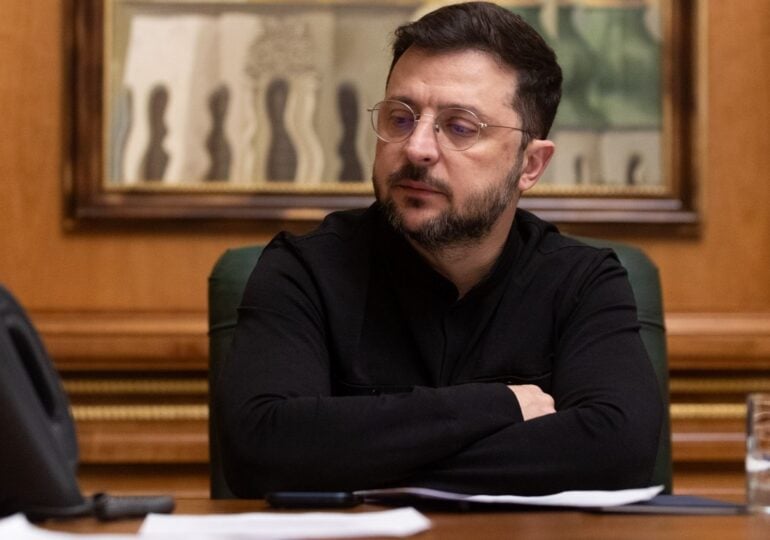The National Anticorruption Directorate (DNA) reported on Tuesday that the draft law adopted by the Government on the abolition of the Crime Investigation Section in Judiciary (SIIJ) does not represent "unfortunately" a progress in ensuring the effectiveness of the fight against corruption at a high level, but aims to replace a single structure with 16 different within the Public Prosecution Service (MP).
"The National Anticorruption Directorate has firmly and constantly expressed itself for the abolition of the SIIJ and the return to its competence of the acts of corruption and assimilated to the corruption committed by the magistrates. This firm position has been brought to the attention of the public opinion and of the institutions with attributions in the field, repeatedly, it is based on solid arguments. We emphasize once again Romania's need to have a structure to combat corruption, with caution at the highest levels, which is efficient, functional, specialized, endowed with a high degree of operational independence and with human and technical resources to the extent. The structure we are considering has already been created since 2002 and has been operating for 20 years, this being the National Anticorruption Directorate," DNA said, in the context of the public debates on the dissolution of the SIIJ.
According to the source, for the coherence of the criminal prosecution in cases of high-level corruption, in order to efficiently capitalize on the resources already allocated, the solution is not to weaken the mechanism already created and functional, but to strengthen it, this meaning, among other things, the assurance that the specialized directorate has competence over all relevant sectors of society and with regard to all relevant public functions.
"In a state such as Romania, where the level of perception of the population regarding corruption remains high, the fight against corruption cannot lose sight of essential sectors for the functioning of a state, such as the judicial sector. To break the competence of DNA, a vital sector for the Romanian society, is likely to fragment the fight against corruption at a high and medium level and to reduce its efficiency," the DNA adds.
"The directorate says that this could be observed during the period in which the SIIJ operated, during which no corruption case in the judicial system was sent to court.
On the other hand, say the anticorruption prosecutors, the need for specialization of prosecutors and for the creation of institutions specialized in combating corruption through criminal means, such as DNA, is very clearly provided for in the international conventions to which Romania is a party and has been stressed on many occasions by the European Commission and international organizations.
"The draft law adopted by the Government, although it aims to abolish the SIIJ, does not represent, unfortunately, a progress in ensuring the efficiency of the fight against corruption at a high level, a level which, undoubtedly, should also include the representatives of the judicial sector. On the contrary, the solution adopted by this draft law aims to replace a single structure, SIIJ, with 16 different structures within the Public Prosecution Service, keeping the competence according to the quality of the person, and not by subject matter, of the new prosecutors to be appointed. This basically represents a dissipation of the resources and competence of criminal prosecution and a perpetuation of the non-specialization of the prosecutors who will investigate corruption cases concerning magistrates," says DNA.
Moreover, DNA states, in relation to the provisions of the draft law, the competence of the new prosecutors appointed to carry out the criminal prosecution in cases concerning judges and prosecutors could extend to other persons, which could further eliminate the competence of DNA and could affect the activity of this Directorate.
At the same time, the method of selecting the appointed prosecutors is, in turn, likely to compromise the prospect of professional and effective investigations into corruption in the judicial sector. Thus, on the one hand, these prosecutors are appointed through an uncompetitive procedure, unlike the DNA prosecutors who are appointed following a rigorous contest.
Moreover, according to the mentioned source, another element of appreciation of the irreproachable conduct is represented by the "dismissal resolutions that concern the activity of the prosecutor" issued by the Judicial Inspection.
At the same time, DNA finds that the discussions held at public level in relation to the justification for the existence of a SIIJ or an alternative form of it are accompanied by a series of attacks on DNA and statements regarding alleged abuses committed in the past by certain prosecutors of this direction against magistrates, statements that tend to justify the establishment of such structures.
The DNA leadership again firmly rejects this kind of denigrating approaches, which, despite the official denials made by both the institution and the DNA chief prosecutor, continue to proliferate in the public space.
The government adopted on Monday the draft law on the abolition of the Section for investigating crimes in the judiciary, the SIIJ, Agerpres informs.
































Comentează